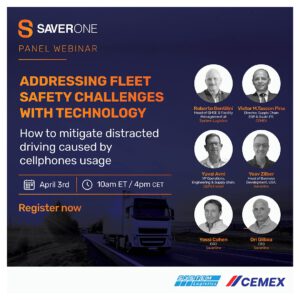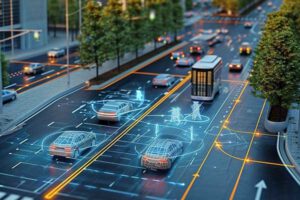Why do normative people take a risky gamble on their lives just because of a WhatsApp message? Where do they get the complete confidence that “it will not happen to me”? In two words: cognitive dissonance.
The term “cognitive dissonance” was first introduced into scientific discourse in the 1950s by psychologist Leon Festinger. According to his theory, which today is already a consensus, cognitive dissonance is a mechanism that allows people to overcome contradictions and conduct themselves consistently. This mechanism serves us as social beings, but it also carries dangers because it overemphasizes our beliefs or personal will. Accordingly, it organizes our consciousness to support faith and will, even if there is enough evidence that it is a mistake.
Part of what makes us human
As mentioned, cognitive dissonance is a mechanism that helps humans adopt a consistent individual (or group) approach that will blur the dangers. At the end of the day, when examining the progress of humankind in history, it seems that this mechanism has played a significant role in building values, religions and beliefs – and that is a big part of what makes us human. But, on the other hand, how cognitive dissonance takes over the “cockpit of consciousness” also exposes us to dangers.
This takeover causes us to ignore warning bells and misinterpret signs. We can find this mechanism in all areas of life – relationships between spouses, workplace and even in politics. This common mechanism is why politicians who lead parties that every statistical analysis shows are probably unlikely to come close to the blocking percentage, and continue to run confidently to the end, only to be surprised by the failure that is “written on the wall.”
“It will not happen to me”
One of the places where one should be more aware of the impact of cognitive dissonance is the road. When traveling in a tin box speeding at a speed of 100 kmh, it is not advisable to decide against the laws of physics or logic. Everyone who reads the last sentence nods in agreement that this driver placed him in a state of danger, only because he assumed that “it will not happen to me.” A familiar example is when driving under the influence of alcohol, when the driver who drank feels great (how not, he drank), so he is sure he can drive without any problem, but unfortunately, we know how it ends in too many cases. It’s a phenomenon known as ‘cellular distraction’. We mean unnecessarily (and not legally prohibited) tampering with a mobile phone while driving. They’re intelligent people who see themselves as rational people, so why are they dead? Missing from everything they know and endangering themselves? The answer is because of the high-volume cognitive dissonance.
Take the cognitive dissonance out of the equation
Unfortunately, even acknowledging the existence of dissonance does not solve the problem. Cognitive dissonance is a formidable opponent that is hard to beat, so despite the dangers, the phenomenon of drunk driving is unfortunately still a severe global blow. But at least in the case of cellular distractions, today there is an effective solution from the Israeli company SaverOne.
SaverOne has removed the cognitive dissonance from the equation by creating a technology platform that prevents cellular distraction while driving. SaverOne’s system detects the driver’s phone and disables the functions that interfere with driving, thus preventing the very decision to take a risk. To date, a significant number of companies and organizations have already adopted the SaverOne system, and at least when it comes to cellular distraction their employees are protected.




